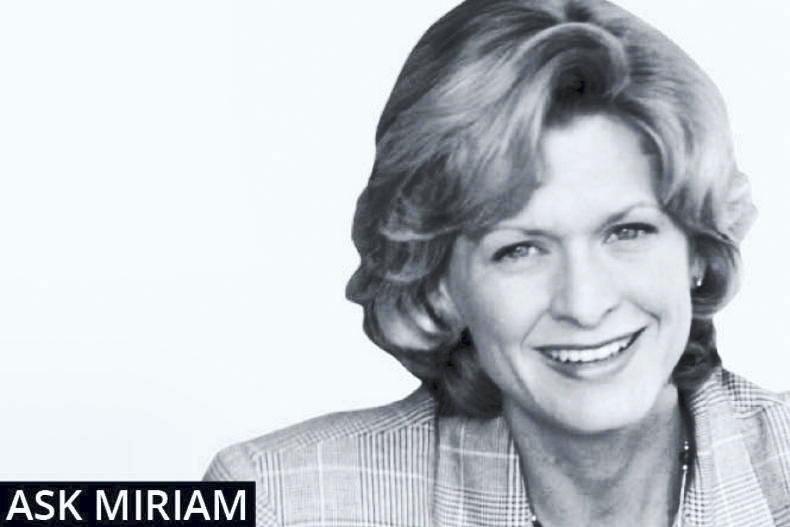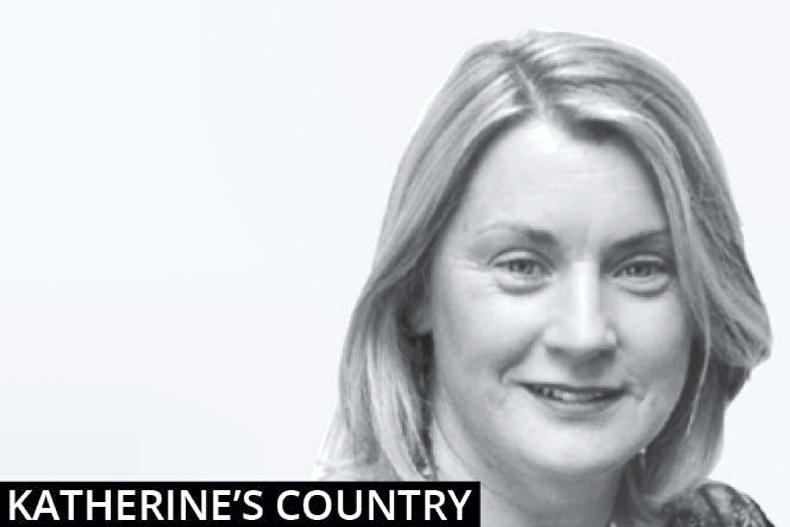In last week’s Horsewomen of Ireland, we followed Louisa Williams’ journey from New Zealand to Ireland 23 years ago. We followed her story of developing the now globally successful equine therapeutic Ice-Vibe boots, inspired by observing horses in rehabilitation.
What I didn’t mention was that at the height of the business Louisa faced an even bigger challenge, as her husband and father of two children was diagnosed with tongue cancer, and she had to find a way through losing him.
“In 2016, my husband David passed away: he got sick and everything was changed, and it turned life on its head. Seeing and stepping into that world of sickness changes you. It changes your priorities in every way. Things like being upset about a bad review on a product no longer mattered, it was all about David and trying to get him well.”
During David’s treatment, Louisa spent her time sleeping on hospital floors while trying to manage her horses and doing her job.
Tough
She admits: “Watching him suffer was incredibly, incredibly tough. Anyone who has been on that journey knows that you dedicate your life to it. You work so hard to try and keep everything balanced, and once they have passed, it’s gone. Everything stands still, and you have to try and pick up the pieces, rebuild and find enthusiasm and passion again.
“For quite a long time, you don’t, you go through the motions, and it was very, very hard to be creative with that level of grief. You can barely get up in the morning and feed yourself, and you are dealing with customers giving out or being upset over things. You’ve got to put your best foot forward and try to carry on.”
Gratitude
Louisa talks of her gratitude for having horses around her; to keep a routine, getting her up in the morning and giving her a chance to take a breath, allowing her some energy to get through the days.
Since David’s passing, his two daughters have grown and moved out, and it’s now just Louisa and her dogs and horses. “It has been such a challenge to go from that busy family life to this still life,” she says. “Work has been a big part of getting me through that and managing that grief. I remember the first time that I felt a little bit of hope left in life.
“One of the first things I did when I was able to after David passed was buy a riding horse. I went back to riding horses because I had to find something familiar and something that would help keep me going.
“When you are in that level of grief, obviously the only thing that pushes you on is hope, and horses they give you some of that hope.
It’s not something that I think anyone ever gets over, but you learn to navigate your way around it
“I found an instructor, Sandra Blake Farrell, a Grand Prix dressage rider, and I started having lessons. I think that was a turning point for me to feel half alive again. I remember that day so clearly; I remember getting off from that lesson and feeling some small part of myself, and it just gave me that little bit of energy to keep going.”
Sentient tool
Louisa has two dressage horses now, and they have become a sentient tool to help manage her grief, to get up in the morning and to keep going with her successful career with Horseware. “I’m still on that journey,” she acknowledges. “It’s not something that I think anyone ever gets over, but you learn to navigate your way around it.”
Louisa still enjoys product design, which she believes is all about problem-solving. “Things crop up in your life that need solving, too,” she says.
“I bought a dressage horse, and I hadn’t had him very long before developing severe laminitis. I saw the suffering this horse was going through, and I worked day and night to try and keep him comfortable. Anyone familiar with laminitis knows that it’s really, really tough. You are trying to keep them comfortable; they are suffering so much.”
Inspired by her own horse, laminitis has become very much on Louisa’s problem-solving radar. Her horse came through that bout of laminitis twice and what has come of it is she is working on developing another therapeutic product.
“I can’t say too much about it just now. Suffice to say, you live, breathe, eat, and sleep the product. But that is the best way to product design. It has to always be just there at the back of your mind; you need to think about it constantly. Even if I have prototypes that I’m not sure where to go with next, I will leave them on the dashboard or beside my bed so I’m always looking at them.
“I think a good product design needs to come from passion. I feel that horses give us so much, and they give us a livelihood and a business. They give people the greatest sporting dreams, and it’s important that we give back to them. So I want my key products to make life better for horses and give back to them in the best way I possibly can.”








SHARING OPTIONS